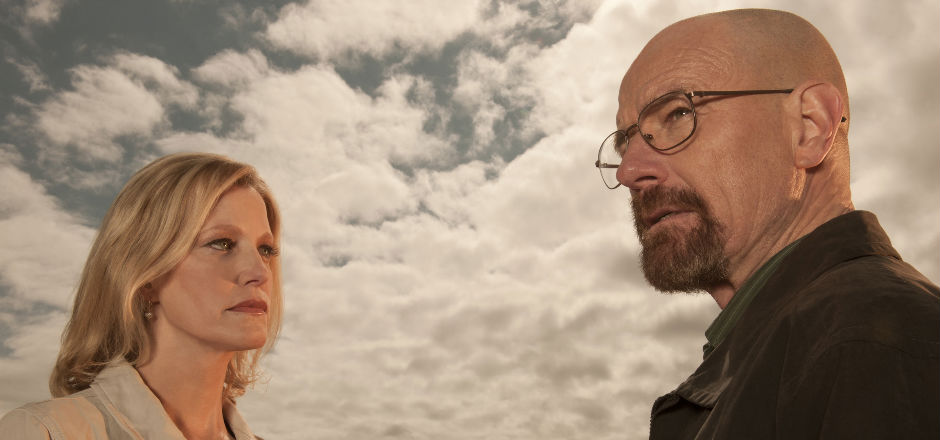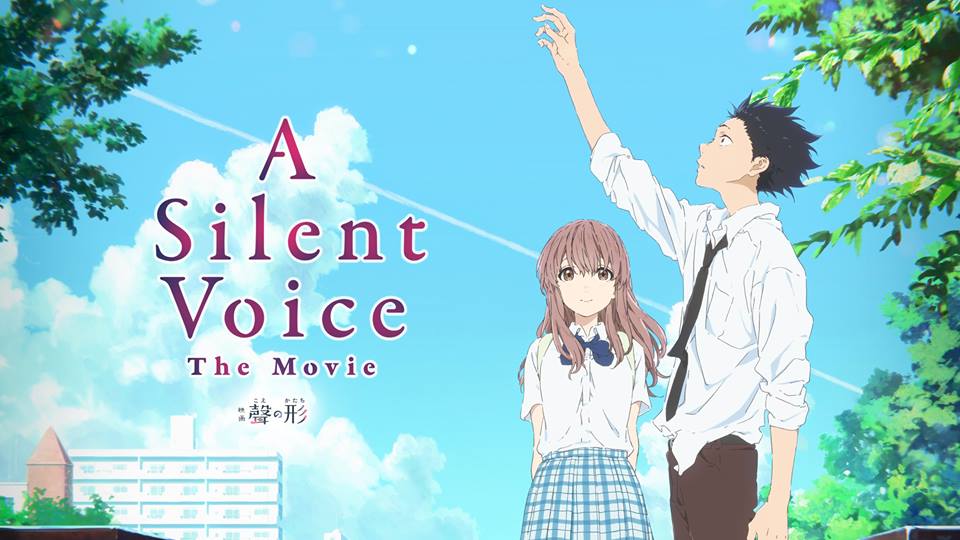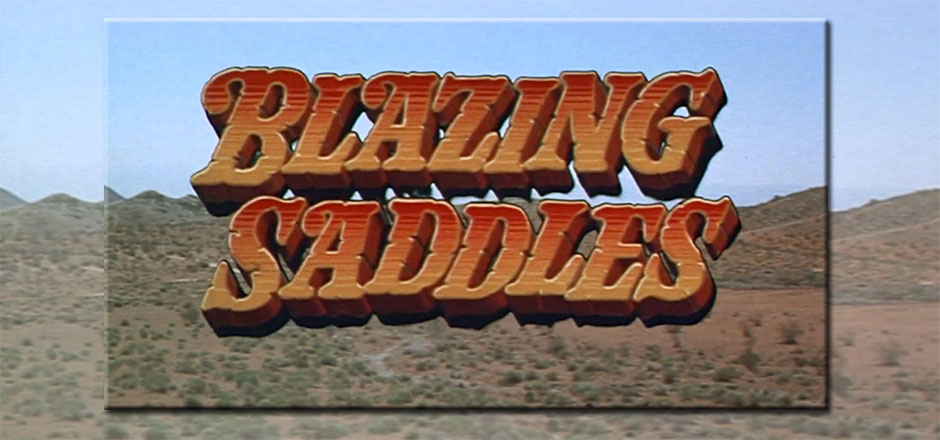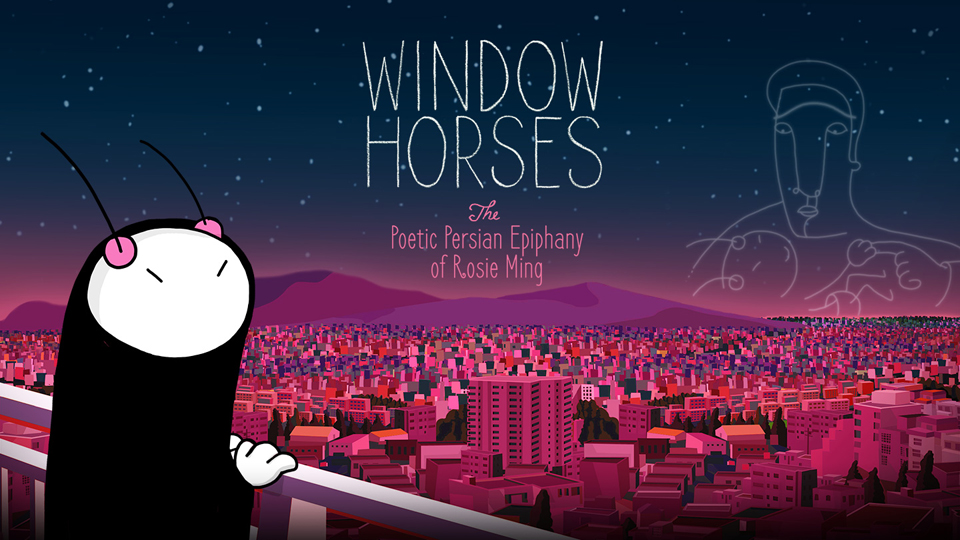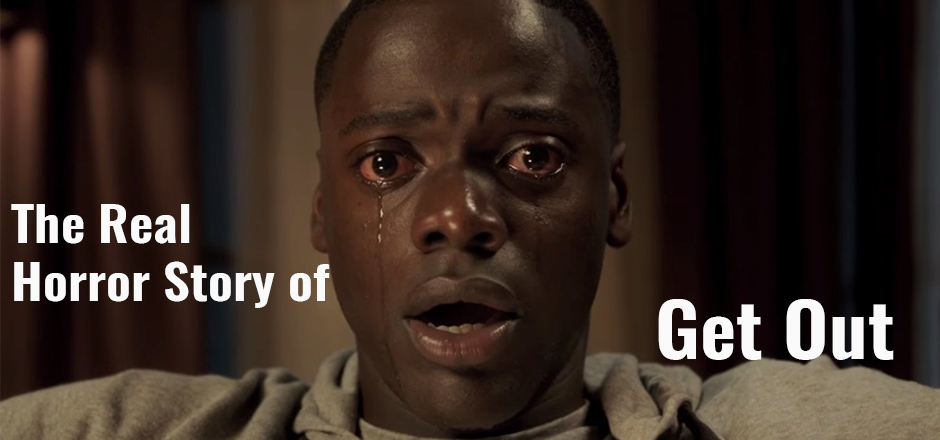When comparing TV shows to movies, cable TV not only surpasses Hollywood in the number of strong female characters, it also yields a bigger variety of definitions for it. Not all of these TV female characters are stuck trying to kick ass in order to be strong, though there are many shows that rely on having women characters kick ass to be respected, like Michonne (The Walking Dead), Sydney Bristow (Alias), and Nikita. Like in the movies, though, most of these physically badass women tend to be emotionally stunted and aloof to the point of near emotionless, but they are still only a fraction of the heroines TV has to offer.
The advantage of TV shows is that we get the time to intimately know and explore these characters, to witness a complexity often denied to characters in films. The problem is that, like in movies, many viewers develop an aversion to these female characters because of that complexity. It’s true that many of these characters make mistakes, but most of the time they are hated by the fans not because of their mistakes, but because they are flawed and act upon their emotions.
[blocktext align=”left”]Like in the movies, though, most of these physically badass women tend to be emotionally stunted and aloof to the point of near emotionless, but they are still only a fraction of the heroines TV has to offer.[/blocktext]The first emotional drama in The Walking Dead was the complicated love triangle between Rick, his wife Lori and his best friend Shane. When the zombie apocalypse came about, Rick was in a coma because of a gunshot received in the line of duty. When they’re forced to evacuate Atlanta, Lori and her son Carl leave the city believing Rick had perished, if not when the walkers seized the hospital, then when bombs leveled part of the city. Even before the undead roamed the world, Rick and Lori’s marriage was collapsing, and Shane had been Lori’s shoulder to cry on. After Rick’s supposed death, Shane took care of Lori and Carl. Emotionally devastated, confused and scared, Lori turned to Shane once more, but this time not as a friend, but as a lover.
And that’s how the internet granted her the nickname “Whori.”
For all she knew, her husband was dead. She was alone with her son, but alive, and she owed that to Shane. And yet fans turned against her because, strictly speaking, she had cheated, even though – for everyone in the world but the viewers – Rick was dead. When Rick reunited with Lori and Carl, what had happened between Shane and Lori was still there, but she stopped it, conflicted and scared as she was. Still, she was one of the most hated characters and many celebrated her demise in the series – all because she made an honest mistake, was confused and emotionally traumatized by the ordeal, and acted exactly like any woman in her situation would’ve acted thereafter.
In a similar situation, we have Andrea from the same show. One of the most complex characters in the series and certainly one of the strongest female characters in TV at the time, she was loathed by fans because she went through an emotional crisis towards the end of the first season and wanted to die. As if the stress of living through a zombie apocalypse wasn’t reason enough, Andrea also witnessed her little sister, the only person in the world she had and who she loved most, being brutally killed by a walker. Andrea held her corpse throughout the night and then destroyed the brain when her sister reanimated as a walker. Despite her completely understandable reasons for thinking that there was no place for her or even a reason to live for in the dangerous world of the hungry dead, fans hated her because she “whined” and “moaned” and was “pathetic,” when the truth is she was the most genuine character in the entire series and acted exactly how any other normal human being would’ve acted under the same circumstances.
The character to receive in recent years the biggest amount of unadulterated and self-righteous hate is Breaking Bad’s Skyler White. In a show filled with drug dealers, merciless murderers and greedy, treacherous people, the concerned and horrified wife and mother that “nagged” her husband until he told her to “get off my ass” and then seized the only opportunity available to protect her family by finding a place in her husband’s illegal operations is somehow the one despised with the most frightening intensity and rage. The character was so loathed by the fans that the actress that played the role, Anna Gunn, published an opinion piece for the New York Times about it.
“…I finally realized that most people’s hatred of Skyler had little to do with me and a lot to do with their own perception of women and wives,” concluded Gunn in her piece. Whether you hate Skyler for her choices in the show or not, the truth is that Gunn is right: in a show where almost every single character was corrupt and immoral, the wife who first objected to it all and then got swept by the same tide that dragged every single male character in the series is the one hated because viewers refuse to accept flawed women, even if they’re just a mirror image of the flawed men.
Wives can never cheat, like Skyler or Lori – regardless of the emotionally trying circumstances that lead them to it – because they’ll be eternally demonized, even if they do regret it later. Women have to be the moral compasses and uplifting rays of hope in a group or family, and should they wish to die when they lose everything, they’re pathetic baggage that’s better off dead.
And, especially, women are not allowed to make mistakes because of their emotions. That’s how viewers treat women in shows. They’re hated for being realistic, for having emotions and making mistakes, for being flawed.
And should they wish to be above all those expectations and espouse a cause or fight for something, then they become a joke. Andrea herself was a joke in The Walking Dead when she decided to learn how to shoot and help keep watch, much to the irritation of the men around her and the audience. Take a look at some sitcoms and see how women with a desire for change or social reform are treated. Since the moment Donna from That 70’s Show declared herself a feminist, she was constantly mocked and dismissed by the other females in the show. Britta from Community is the biggest joke in a group made up of losers, addicts, cheaters and troubled people, just because she fights passionately for social causes. Even worse, they are also written to be the annoying, naggy and self-righteous of the bunch.
[blocktext align=”right”]And, especially, women are not allowed to make mistakes because of their emotions.[/blocktext]What is that viewers want of women on TV? If they’re passionate about something that empowers them, they’re mocked. If they make mistakes, they’re hated. If they’re flawed or conflicted, viewers mercilessly repudiate them. How is it that viewers easily embrace, love and laud the emotionally blank women who can handle a gun, throw a punch and never make a mistake, but loathe and celebrate the deaths of characters that contribute intellectually and emotionally to a story through their inherent and realistic flaws?
Viewers demand a level of perfection from female characters that is not only unreachable, but also absurd. Do viewers really hate the variety of women and the flexibility of the word “strength” so much that they’re willing to demonize the most realistic portrayals of women on TV for the sake of perfect, unrealistic and shallow ones?
You can dislike a character for making bad choices, but hating the character for not upholding ideals of perfect womanhood and not forgiving it for being flawed when the male characters are never judged as harshly says a lot about the long way we still have to go for women on TV.
Lorraine Acevedo Franqui writes for Girl In Capes from Puerto Rico and holds degrees in English Literature and Psychology. Her main interests are young adult lit, anything related to The Legend of Zelda and Kingdom Hearts, assorted shounen mangas and cats.
Are you caught up in the series? You can go back and read A Strong Independent Woman: Part I or – if you’re ready – check out the series conclusion.
